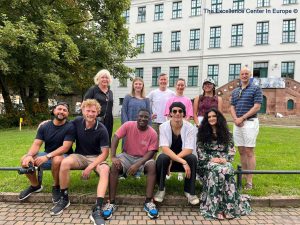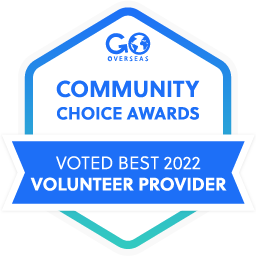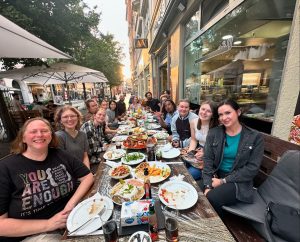Education is a human right according to the Universal Declaration of Human Rights. Unfortunately, however, this does not mean it is available for all in practice due to factors such as child labor, poverty, corruption, poor teaching, missing resources, weak welfare states, and discrimination.
Education varies hugely, so it is not as simple as to say that all should have access to education. Basic literacy and numeracy skills help a person to go about daily life, but education goes beyond this. Quality education is the 2nd Sustainable Development Goal (SDG) set out by the UN.
Experience of German schools for refugees
Starting school
Transferring from one school to another school even within the same country can be intimidating, but doing so from one country to another is a huge challenge. This is because, on top of being surrounded by different people, a student is also faced with a different school system, language, and culture. This is the experience reported by 7 young refugees, 2 females and 5 males, who have attended a range of schools in Halle, Saale, Germany.
Several students describe being placed immediately into the average German school with all lessons being taken with native speakers despite that they spoke very little German. It was hard to make friends for one refugee as only one boy in his class would speak to him. He felt that this was for several reasons, because he was a new face, because of the language barrier, and because he came from an African country.
Other refugees took part in a transition process by beginning by having lessons with other Arabic speaking refugees for up to a year before entering the average classroom, or by studying at a specific school for refugees. Completing all assignments in a language other than one’s mother tongue takes adjustment.
Note that on top of moving countries and schools among many other challenges, these students have entered German schools after having spent an extended period of time out of school because of the time taken to travel from country to country and to find a place in a German school. Consequently, some refugee students entered school studying alongside students of a younger age.
Support from schools
Some German teachers have been described to be helpful for refugees. Some made an effort to provide personalized homework tailored to a refugee’s learning and suggest resources like social programmes, scholarships, and apps to encourage integration. Other teachers are reported to have just wanted to complete the lesson and go.
Socialising
Socialising is a large part of school life. Some of the refugees spoken to at the Excellence Center made friends at school that they have kept until now. All expressed having a mix of German and refugee friends, even if some expressed being separated from German kids. Some of the schools which the 7 refugees attended have had a 50:50 ratio of German and refugee students, while others were dominated by native Germans.
The experience of being a minority was difficult for some. One refugee explains that even though she has a range of friends at school from all backgrounds, she is repeatedly asked the same questions about her own background. Multiple refugees raised that they felt that teachers may have treated them unfairly because of them being different, by not giving them the extra time that they were entitled to or by disparaging them for asking questions in class.
The German School System
It is important to note that the German school system separates students from an early age by sending them to one of two types of schools in the state school system, either with a greater vocational or academic focus.
The more academic Gymnasium school makes the process from school to university easier, while alternatives include the Beruffsschule which combines academic and vocational study, leading students easily into practical jobs.
One academic working locally described this system to be limiting not only for refugees but for all German students; it is too early to judge which pathway suits a student’s interests when they have barely begun studying.
School curriculums and systems vary internationally and nationally in terms of structure, resources, and quality. This required adjustment for refugees on many levels. Sudanese and Syrian schools are described to put a lot of emphasis on memorizing whole textbooks and many facts for exams, while the German education system focuses on the application of knowledge and less memorization. Because of this, German schools have been called easier by several refugees.
Final remark
One definition of education is “a tool for freedom and independence of thought”.



